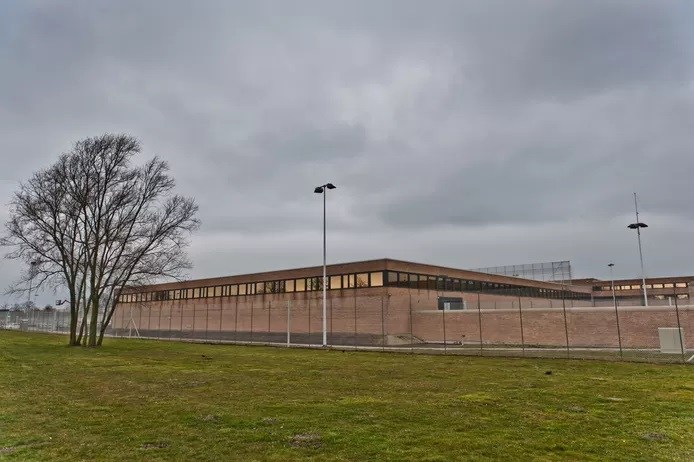Federal justice minister Vincent Van Quickenborne has announced a clampdown on offenders who are sentenced to prison terms in court, but never spend a day behind bars.
In the past, as prison populations grew beyond the capacity of the existing prisons, convicts who had received a sentence of three months were never called to prison.
Later, when the technology became available, it was decided that anyone sentenced to up to three years would be allowed to serve time at home under electronic surveillance.
Along the way, it became more common for people convicted of certain offences – not including violence, sex crimes or terrorism – to receive suspended sentences, where the option of jail only arises in cases of recidivism.
Now, however, Van Quickenborne has decided jail must mean jail.
The current regime, he said, “creates an atmosphere of impunity. From December 2021, all sentences under three years will be served.”
Budget is no object. The justice at present is €2 billion. Under Van Quickenborne's ministry, that will increase by half a billion each year.
The other question is places in prisons in Belgium, which are already overcrowded, shamefully inadequate and hotbeds of violence, suicides, drugs and in the past year or so, infection.
A mega-prison in Haren on the outskirts of Brussels is finally under construction, after years of objections from local people. But completion is scheduled for 2022, while Van Quickenborne aims to start growing the prison population in six months.
Apart from Haren, a new prison is planned in Dendermonde (2022), with others in Antwerp (2024), and Leopoldsburg, Sugny and Verviers (all 2025) coming later.
The Court of Auditors has already studied the proposal, and concluded that it would increase the prison population by 422; the ministry itself is working on a hypothesis of 600 extra prisoners.
According to the latest figures available online, for a total capacity of all prisons of 9,592 prisoners, the actual prison population was 11,769.

